Hypochlorite Acid: The Essential Swimming Pool Chemical
Hypochlorite acid (HOCl) is a key component in the maintenance and sanitation of swimming pools. Known for its powerful disinfectant properties, HOCl plays a crucial role in ensuring pool water is safe, clean, and free from harmful microorganisms. This comprehensive guide explores the composition, characteristics, uses, benefits, application methods, and safety considerations of hypochlorous acid in swimming pools.
Composition and Properties (Hypochlorite Acid 30Ltr)
Composition: Hypochlorite acid (HOCl) is a weak acid with the chemical formula HClO. It is formed when chlorine gas (Cl₂) dissolves in water, reacting with it to produce both HOCl and hypochlorite ions (OCl⁻).
Properties:
- Disinfectant: HOCl is a potent disinfectant that effectively kills bacteria, viruses, and algae by disrupting their cell membranes and enzymatic processes.
- pH-Dependent: The effectiveness of HOCl as a disinfectant is pH-dependent, with optimal disinfection occurring at lower pH levels (around 7.5).
- Fast-Acting: It acts quickly against pathogens present in water, making it ideal for maintaining sanitary conditions in swimming pools.
- Stability: HOCl is relatively unstable and tends to degrade over time, especially when exposed to sunlight and heat. Stabilizers are often added to prolong its effectiveness.
Uses and Applications (Hypochlorite Acid 30Ltr)
1. Water Disinfection: Hypochlorite acid is primarily used for disinfecting pool water. When added to the pool, HOCl dissociates into hypochlorite ions (OCl⁻) and hydrogen ions (H⁺), releasing chlorine atoms that react with and neutralize contaminants.
2. Oxidation: As a powerful oxidizing agent, HOCl helps break down organic contaminants such as sweat, body oils, and urine residues that accumulate in pool water. This oxidation process improves water clarity and reduces the formation of chloramines, which can cause eye irritation and unpleasant odors.
3. Algae Prevention: HOCl effectively inhibits the growth of algae in swimming pools by disrupting their cellular processes. By maintaining a residual concentration of HOCl in the water, algae spores are unable to proliferate, keeping the pool water clear and algae-free.
4. pH Regulation: HOCl can help regulate pH levels in pool water, acting as a buffer to stabilize fluctuations caused by other chemicals or environmental factors. This ensures optimal pH conditions for effective disinfection and swimmer comfort.
Benefits of Hypochlorite Acid (Hypochlorite Acid 30Ltr)
- Effective Sanitation: HOCl provides robust disinfection, ensuring pool water is safe and free from harmful microorganisms.
- Water Clarity: By eliminating organic contaminants and preventing algae growth, HOCl helps maintain crystal-clear pool water, enhancing the overall swimming experience.
- Fast Action: It works quickly to neutralize pathogens and contaminants, making it an efficient choice for maintaining sanitary pool conditions.
- Versatility: HOCl can be used for routine disinfection, shock treatments, and algae prevention, offering versatile solutions for varying pool maintenance needs.
Application Methods (Hypochlorite Acid 30Ltr)
Dosage: The dosage of HOCl depends on factors such as pool size, water temperature, bather load, and current chlorine levels. Manufacturers typically provide guidelines for proper dosage based on these factors.
Application Procedure:
- Measurement: Calculate the required amount of HOCl based on the desired chlorine residual and pool volume.
- Distribution: Add HOCl directly to the pool water or use an automatic feeder system to maintain consistent chlorine levels.
- Monitoring: Regularly test chlorine levels using pool water test kits and adjust HOCl dosage as needed to maintain optimal disinfection.
Safety Considerations (Hypochlorite Acid 30Ltr)
- Handling: Wear gloves and protective eyewear when handling concentrated HOCl solutions to prevent skin and eye irritation.
- Ventilation: Use HOCl in well-ventilated areas to avoid inhalation of vapors, especially when diluting or mixing with water.
- Storage: Store HOCl containers in a cool, dry place away from direct sunlight and heat. Keep them tightly sealed to prevent evaporation and degradation.
- Disposal: Dispose of unused HOCl and empty containers according to local regulations and manufacturer instructions.
Conclusion
Hypochlorite Acid (HOCl) is indispensable for maintaining the cleanliness, clarity, and safety of swimming pool water. Its potent disinfectant properties, coupled with oxidation capabilities and algae prevention benefits, make it a preferred choice among pool operators and professionals. By understanding the composition, uses, benefits, application methods, and safety considerations of HOCl, pool owners can effectively integrate it into their maintenance routines, ensuring a pristine swimming environment for all pool users. Whether used for routine disinfection, shock treatments, or algae prevention, HOCl plays a vital role in promoting a healthy and enjoyable swimming experience.









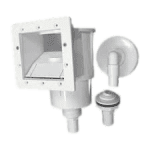


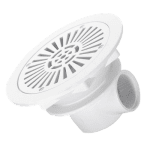






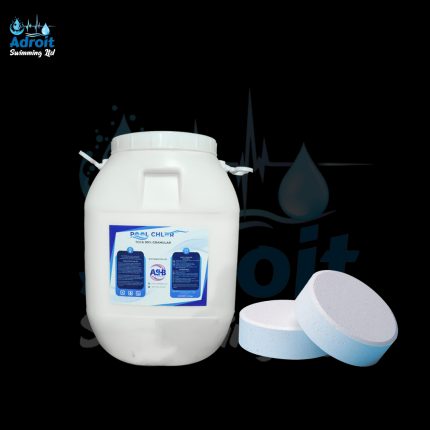
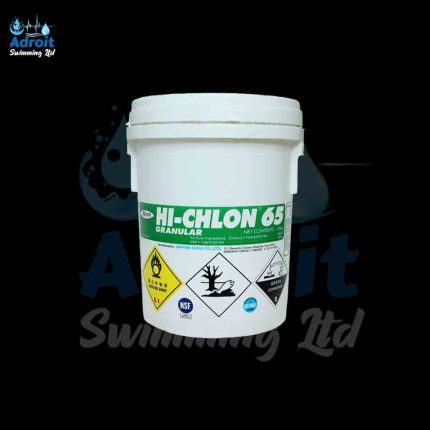
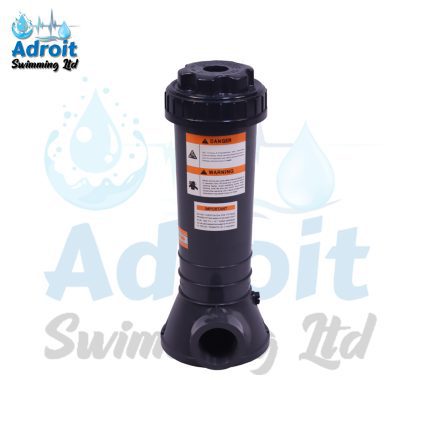
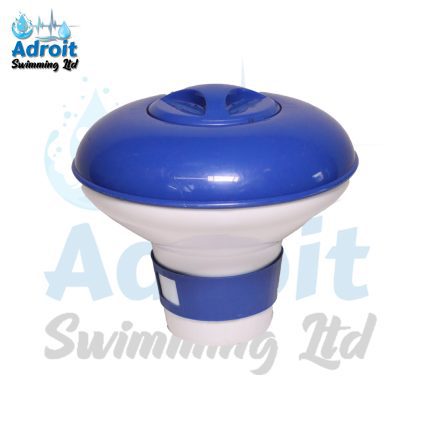
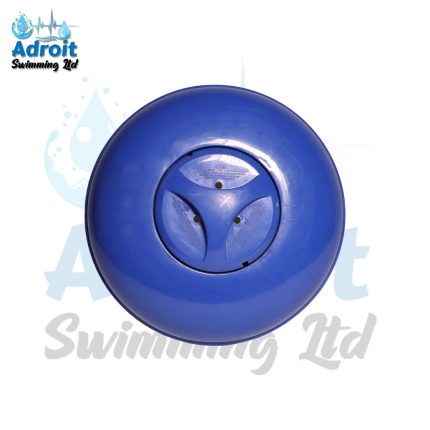
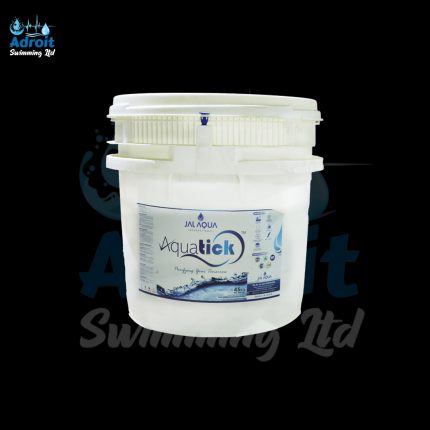
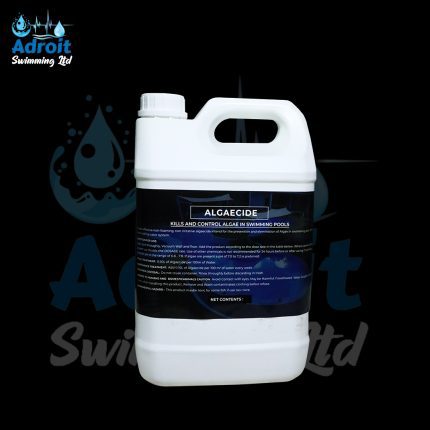
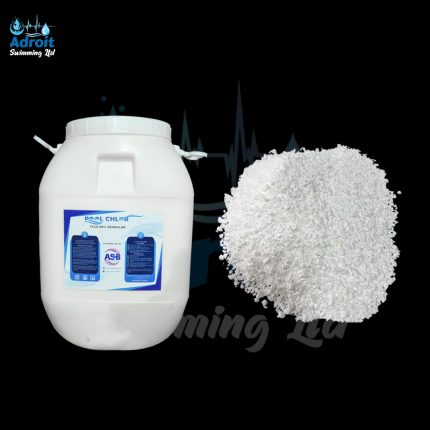
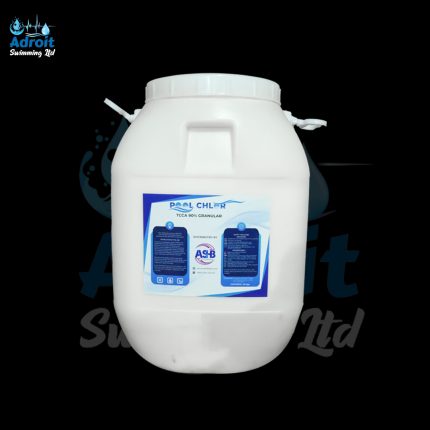
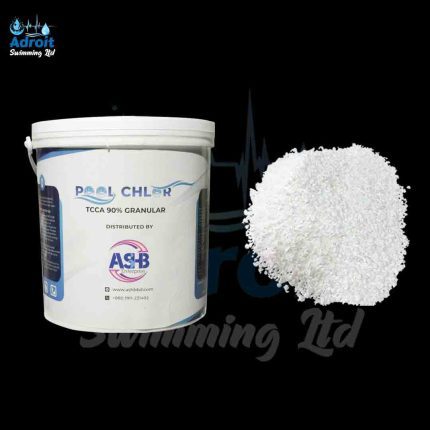
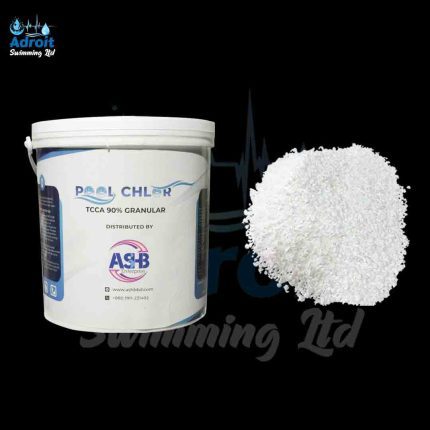
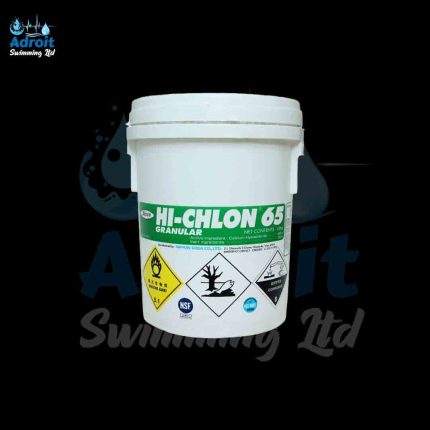
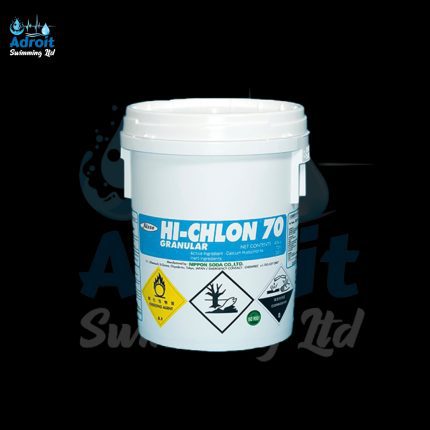
Reviews
There are no reviews yet.